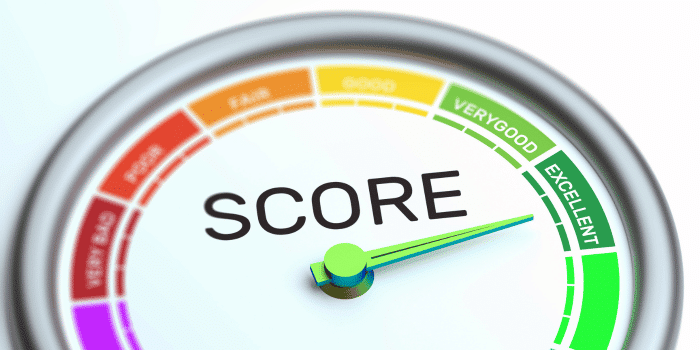In the digital age, having an online presence is essential for businesses of all sizes. Whether you’re a small startup or a well-established corporation, your website serves as a critical gateway to your audience. However, having a website alone is not enough; it must be optimized to perform well in search engine rankings. This is where an SEO audit comes into play.
What is an SEO Audit?
An SEO audit is like a health checkup for your website. It involves a comprehensive examination of your site’s performance, content, and structure to identify areas that need improvement. The primary goal of an SEO audit is to boost your website’s visibility on search engine results pages (SERPs) and drive organic traffic.
Why is an SEO Audit Important?
Optimized Content:
Content is king in the digital realm. An Search Engine Optimization audit evaluates the quality and relevance of your content. It ensures that your keywords are strategically placed, and your content provides value to your audience.
Technical Issues:
Search engines favor websites that are technically sound. An audit uncovers issues like broken links, slow loading times, and mobile responsiveness problems, which can impact your SEO ranking.
Keyword Optimization:
Keywords are the foundation of SEO. An audit identifies the keywords your site currently ranks for and suggests additional relevant keywords to target.
Competitor Analysis:
By analyzing your competitors, an SEO audit helps you understand your niche better and discover opportunities to outperform them.
The Ins and Outs of an SEO Audit
Now that you understand the importance of an SEO audit, let’s delve into the key aspects of this process:
Keyword Research:
Begin with thorough keyword research. Identify high-value keywords relevant to your industry and audience.
On-Page SEO:
Review each page of your website to ensure that title tags, meta descriptions, and headers are optimized for your chosen keywords.
Technical SEO:
Examine the technical aspects of your website, including site speed, mobile-friendliness, and XML sitemaps. Fix any issues that may hinder your site’s performance.
Content Analysis:
Evaluate the quality and relevance of your content. Ensure it aligns with user intent and addresses your audience’s needs.
Backlink Profile:
Analyze your website’s backlinks to ensure they are from reputable sources. Disavow any harmful or spammy links.
Competitor Analysis:
Study your competitors’ websites to gain insights into their strategies. Identify areas where you can outperform them.
Monitoring and Reporting:
Implement tools and analytics to track your SEO progress over time. Regularly monitor your rankings, traffic, and conversions.
Conclusion
An SEO audit is not a one-time task; it’s an ongoing process. Regular audits are crucial to staying competitive in the ever-evolving digital landscape. By optimizing your website through SEO audits, you unlock its full potential, ensuring it ranks higher on SERPs and attracts more organic traffic. So, if you want your website to thrive in the digital world, start with an SEO audit today, and watch your online presence grow.







